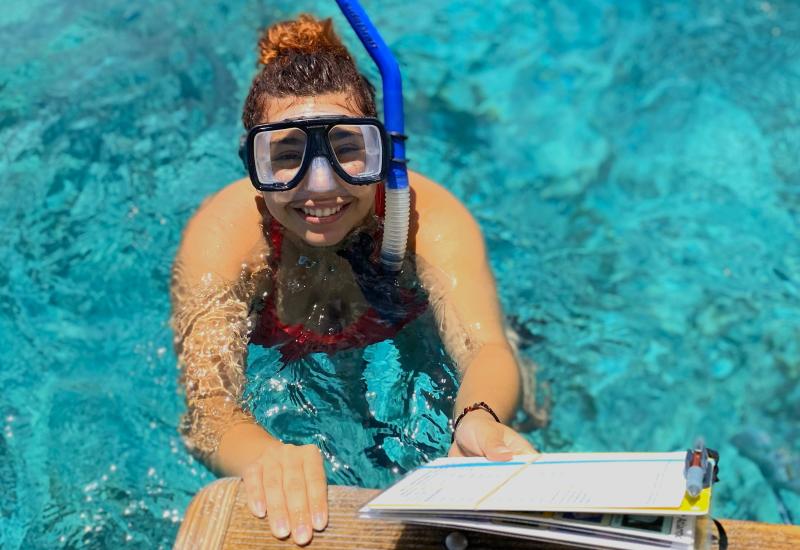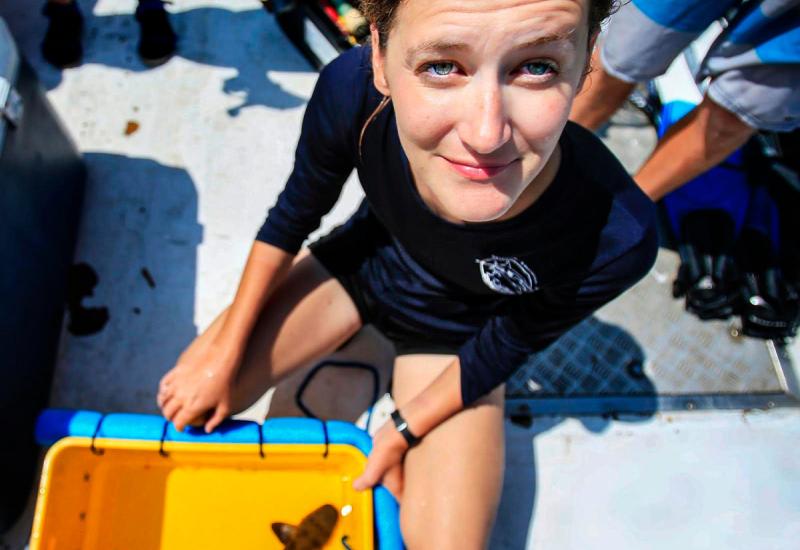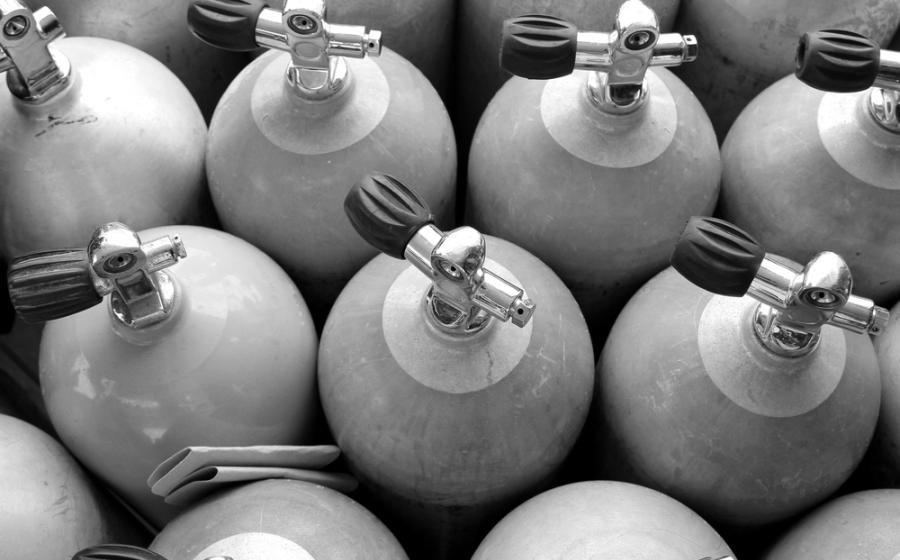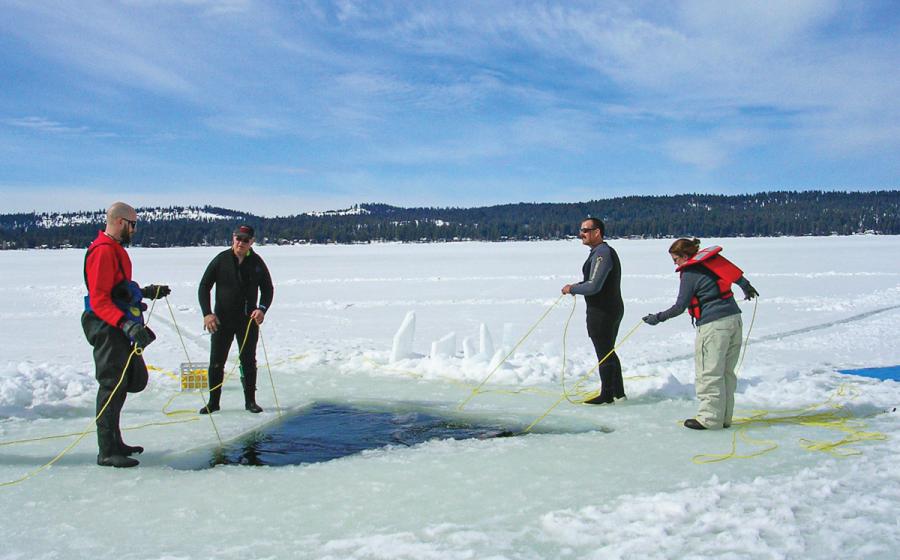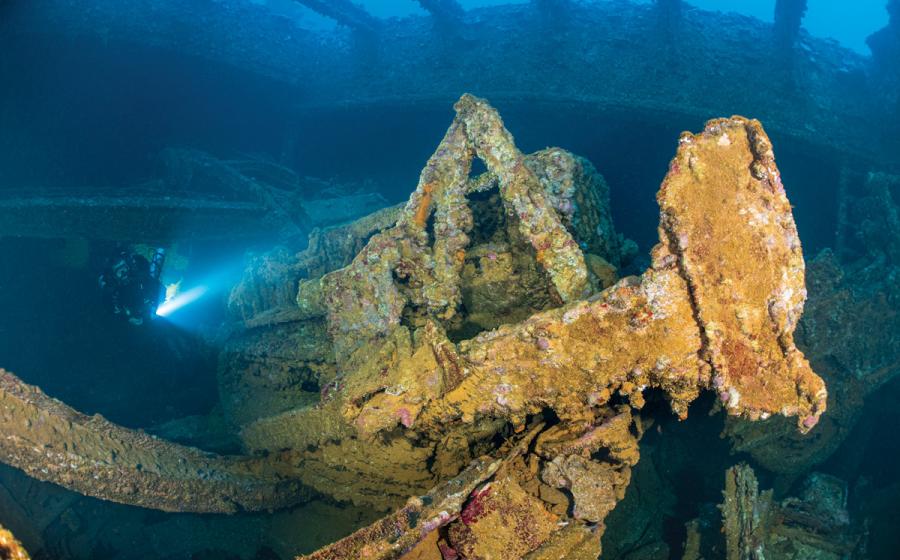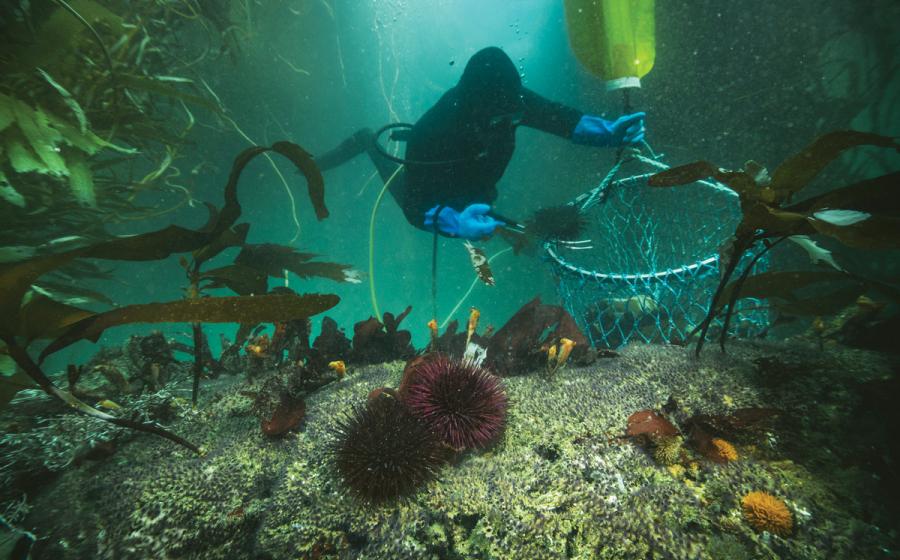Diving for a Cause: How to Support Marine Protected Areas
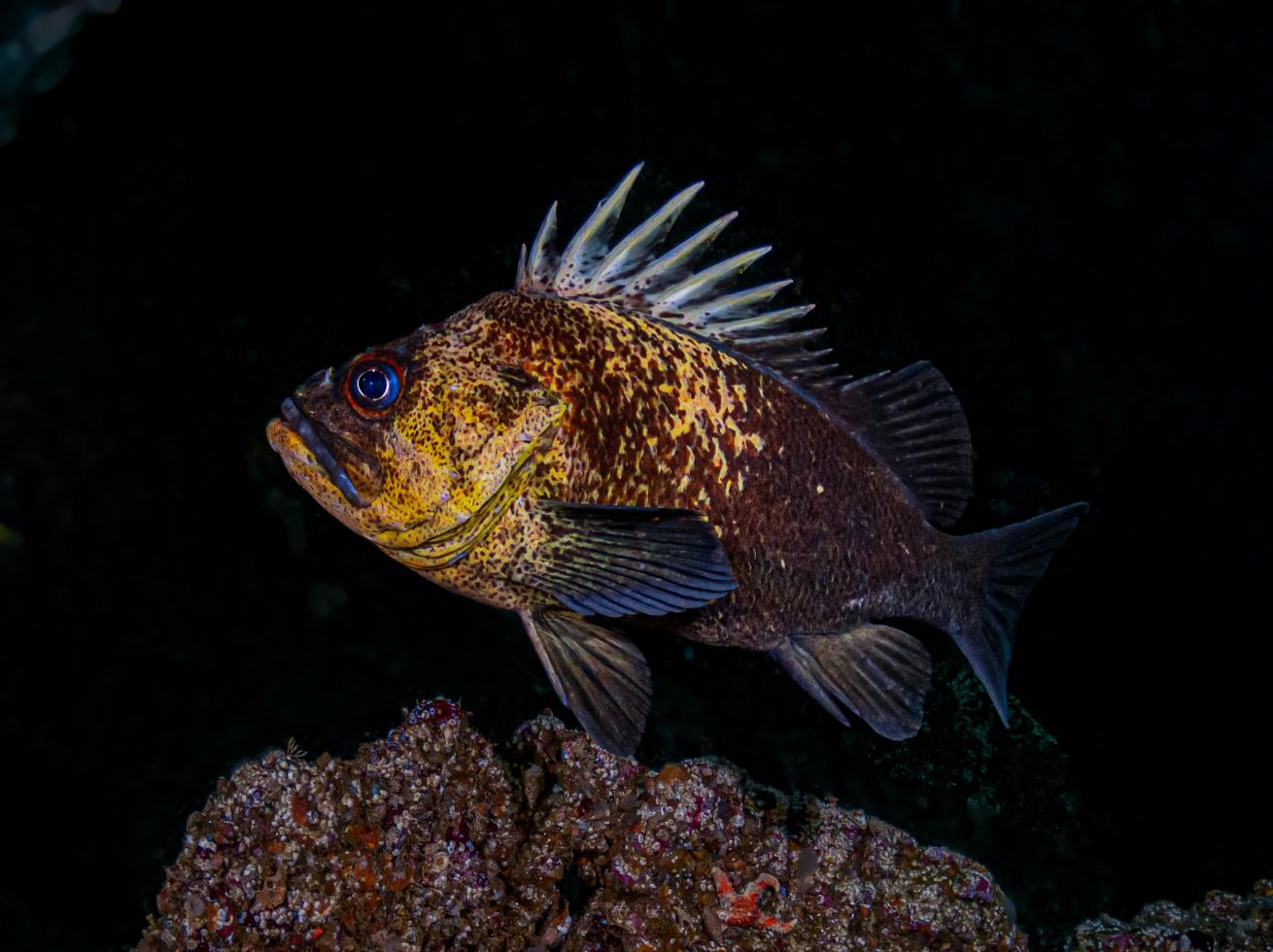
Laura TeslerA female BOFFF quillback rockfish enjoying her best life inside the Redfish Rocks Marine reserve off the coast of Oregon.
If you’re a diver it’s safe to assume you are at least passingly familiar with the function “Marine Protected Areas (MPAs)” or “Marine Reserves” serve. The name is after all a bit of a giveaway. As a PADI divemaster and former fisheries biologist, I’m here to help you take your understanding to the next level so that you can take part in the larger movement to protect more of our ocean so that future generations can live to see its wonders.
Related Reading: How Divers Can Help Protect 30 Percent of the Ocean by 2030
Why dive trips to MPAs and reserves are worth the costs
Often, dive trips associated with these environments are more expensive—think Revillagigedo or Cocos Islands. That’s because they can be remote or hard to get to, or because in some areas, fees go toward maintaining or enforcing them. While these higher costs might put you off, it’s worth shelling out the extra cash, as marine reserves and MPAs usually deliver good diving with plenty of marine life.
Benefits of MPAs and reserves
Marine Protected Areas and Marine Reserves are especially important to ocean productivity and ecology and we as ocean aficionados should absolutely support them. Beyond offering excellent diving, they are also scientifically proven to provide the highest level of marine protection and are a successful conservation tool
MPAs are broadly defined as ocean, estuarine or freshwater areas that have been designated to provide protections for natural or cultural resources.
Marine reserves are typically more restrictive, often including complete restrictions on fishing or removing natural resources (“no-take” marine reserves). Both areas usually allow diving.
Direct benefits include protection of key habitat areas that sponsor crucial life stages, such as spawning and nursery areas.
MPAs and reserves are particularly helpful for sedentary species that produce more offspring as they get older, such as BOFFF’s (Big Old Fat Fertile Female Fish), which are the genetic reserve for the biggest, strongest, longest-lived offspring.
Complete ecological protection provided by marine reserves restores the whole community of an area, which in turn increases species richness and diversity. This also protects the marine environment from fishing debris or trawling damage.
Indirect benefits include drawing in thousands of visitors every year, boosting the local economy from restaurants to charter boat companies.
Fish stocks in areas outside of MPAs will increase over time.
Community education benefits and scientific research opportunities provided by these areas are also invaluable.
How divers can support MPAs and reserves:
Opt into dive trips in these areas—you’ll usually see more anyway!
Help create new MPAs or marine reserves, especially if you live near the ocean.
Become a volunteer to assist with data collection and monitoring efforts or participate in citizen science projects like the ones listed below.
Support marine conservation organizations that work to protect and restore marine ecosystems.
Examples of organizations doing great work in the Pacific Northwest:
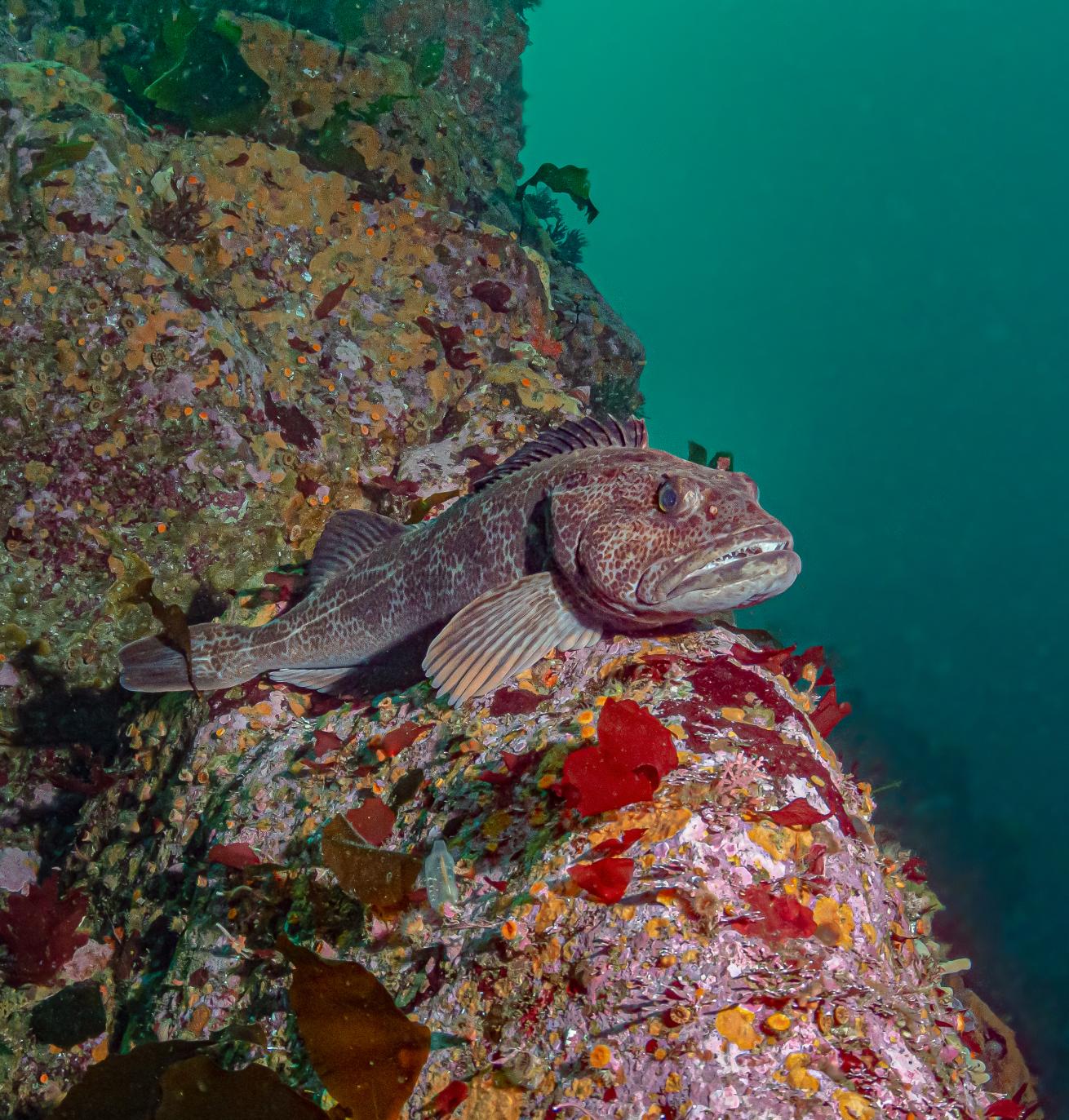
Laura TeslerA ling cod reclines on a pinnacle inside the Point Lobos State Marine Conservation Area, California.
Oregon Kelp Alliance (ORKA) is a community resource group out of Port Orford, Oregon, that works on addressing the invasive purple urchin problem and collects data on sea star reintroduction projects. The group also works with local school children on classroom projects they can do locally in rocky intertidal areas. You can learn more about ORKA here.
Reefcheck and REEF are both organizations that work in marine areas globally and use divers extensively to collect important data that is used for conservation purposes. You can learn more about Reefcheck and REEF here.
Some organizations sponsor trips where you can go with a bunch of other like-minded divers and spend the whole week learning from experts and diving what you learn, or collecting various types of data.
The next time you see that dive trip advertised to a local MPA or a marine reserve, your name should be first on the sign-up list!

.jpg?itok=bd_Jvz2Y)
